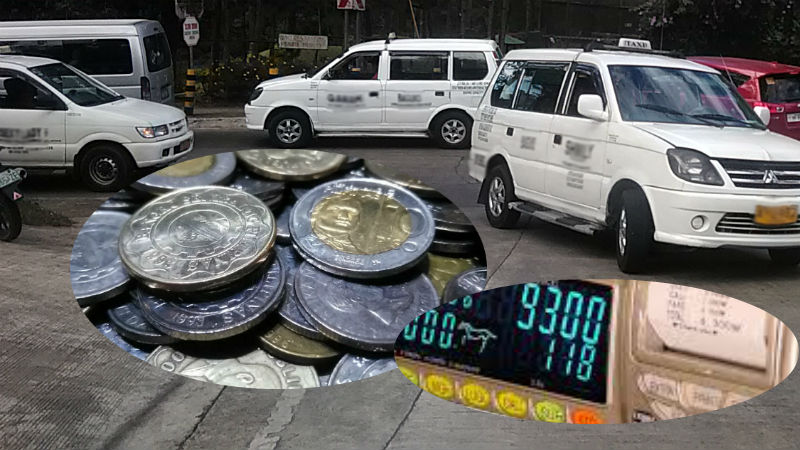BAGUIO CITY – The city legislative body compelled the City Planning and Development Office (CPDO) and the City Engineering Office (CEO) to immediately complete and submit to the City Council the city’s Local Public Transport Route Plan (LPTRP) to guide policy makers and decision makers in ascertaining the routes that have either excessive or less number of public utility vehicles (PUVs).
The city legislators required the concerned offices to make the city’s LPTRP within 30 days for it to be reviewed and evaluated by the city councilors prior to the submission of the same to the Land Transportation Franchising Regulatory Board (LTFRB).
Under the government’s public utility vehicle modernization program, all local governments are to submit to the LTFRB their respective LPTRPs to determine which areas need addition franchises for PUVs.
In 2018, the LTFRB trained a number of local governments on the preparation of the city’s LPTPR and that the same should have been submitted to the LTFRB June this year, however, the city failed to submit the city’s LPTRP as of the deadline.
Based on the LPTRP of the local government, the LTFRB will determine which routes need additional franchises for the operation of PUVs and which routes have excessive PUVs so that some of the excess franchises will be transferred to other areas that need the operation of additional PUVs.
Earlier, the City Council passed Resolution NO. 422, series of 2017 that favourably endorsed to the LTFRB central office the petition of some taxi operators in the city to allow the late filing of taxi franchises that expired.
Subsequently, the LTFRB allowed the revival of the expired taxi franchises provided that the operation of the taxi units will comply with the government’s consolidation and PUV modernization program under fleet management of duly registered transport cooperatives or transport corporations that will be allowed to have at least 50 taxi units to be able to be granted such application.
As of August 31, 2019, there are some 3,165 taxi franchises in the city covering 3,235 taxi units.
However, there are 190 expired taxi franchises with a total number of 193 taxi units.
LTFRB officials claimed a local transport cooperative applied for the whole 200 taxi units opened by the board but the same was disqualified for alleged lack of standard units.
The disqualification of the applicant is now pending resolution with the LTFRB central office on appeal by the transport cooperative while there are three other transport cooperatives that are awaiting the outcome of the appeal for them to be able to file their application for the opened franchises for taxi units in the city.
The three potential applicants in waiting have at least 50 brand new units already operating as private vehicles awaiting the decision of the LTFRB on the matter.
By Dexter A. See















